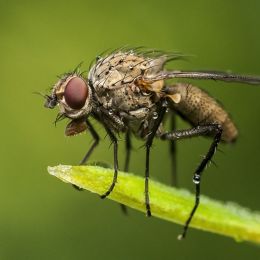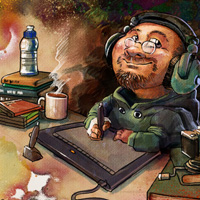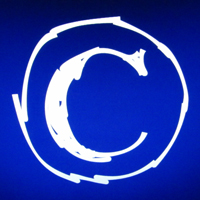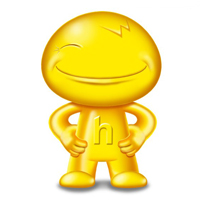- photo contests ▼
- photoshop contests ▼
- Tutorials ▼
- Social ▼Contact options
- Stats ▼Results and stats
- More ▼
- Help ▼Help and rules
- Login
Model, Sculpt and Texture a Demon-Like Monster - P2 - Zbrush Tutorial

This is a multi-part tutorial on creating a Demon-like 'Lok Warrior' with realistic muscle anatomy. On the first day of this tutorial we created a base mesh for our character using poly modeling. On the second day, we took the mesh into ZBrush and sculpted the intricate muscle anatomy. Now today we will texture the creature and add the finishing touches to the artwork.
submitted: 5 years and 3925 days ago
Create Cool Hair - Zbrush Tutorial
Bamboo Sticks - Zbrush Tutorial
Easy Eyelids Modeling - Zbrush Tutorial
3D Texturing Made Easy - Zbrush Tutorial

In ZBrush, there are varieties of methods, which will allow you to apply texture to a 3D object. This tutorial will explain one of these methods.
One common method of applying a realistic texture to a 3D object involves the use of a pre-existing photograph of a real-world object.
This method can easily produces very good results. ZBrush has a 3DCopy function, which is designed to make the texturing process a fun and easy to execute.
submitted: 5 years and 3925 days ago
Materials vs Textures - Zbrush Tutorial

A Marble texture is generated by a mathematical noise function. (A common method is named Perlin Noise and if you are interested you can read more info about Perlin Noise...
ZBrush has a similar Noise Generator available within the material modifiers sub menu. This noise generator can be used when creating 3D-based noise materials. Here are few examples of the Noise Material…
submitted: 5 years and 3925 days ago
Transparency And Shadows - Zbrush Tutorial
Depth Clouds - Zbrush Tutorial

This tutorial is for the purpose of creating a cloud painting with a sense of depth. It starts 2d and ends up 2.5. We recommend you draw the clouds in a different order so you can have your own image in the end. We're sure it will still be easy to follow with your cloud offsets.
submitted: 5 years and 3925 days ago
Creating Seamless Alphas and Painting Bump Maps - Zbrush Tutorial

How many times have you wanted to duplicate a real-world surface, only to spend hours trying to a good enough quality grayscale image of it that you could then stamp as a bump map? Thanks to ZBrush's depth-enabled canvas, it's actually faster and easier to create your own high-quality alphas, which can be modified on the fly and used in a variety of ways: change the shape of your paint brush, paint through as a stencil, stamp onto portions of your texture, or paint seamlessly to cover wider areas. Skin folds, pock marks, rough bark, wooden shingles, corrugated metal, rust, exotic hides and even dragon scales are possible. ZBrush makes it easy to create any alpha that you might need for your texturing work and thanks to the tilde-scrolling feature, these alphas can be created to tile seamlessly.
submitted: 5 years and 3925 days ago











